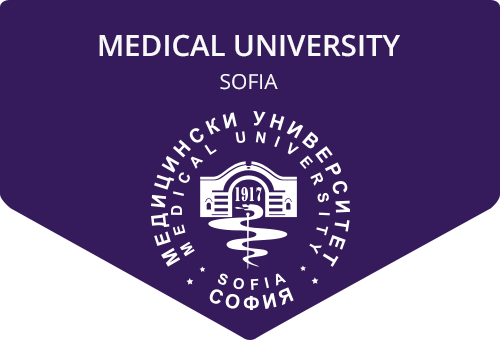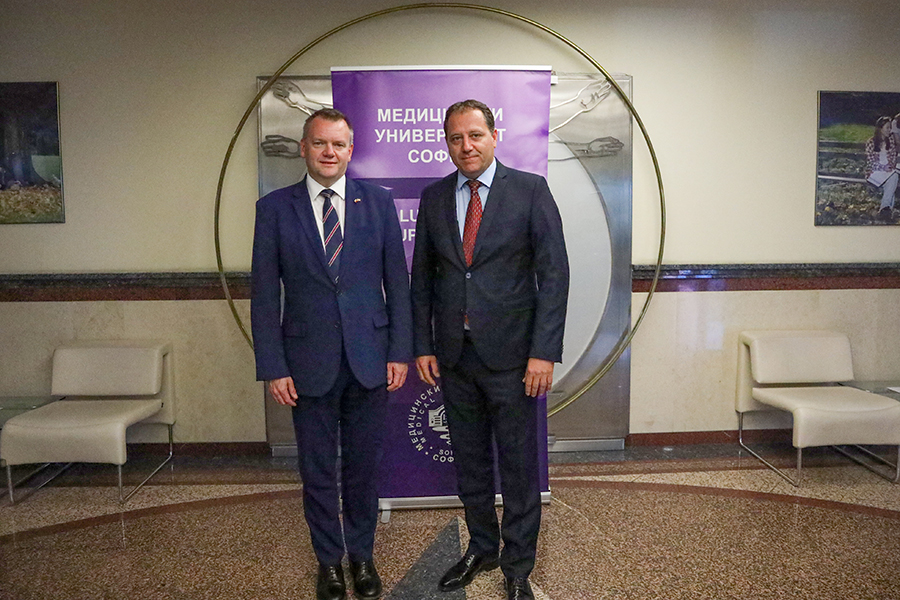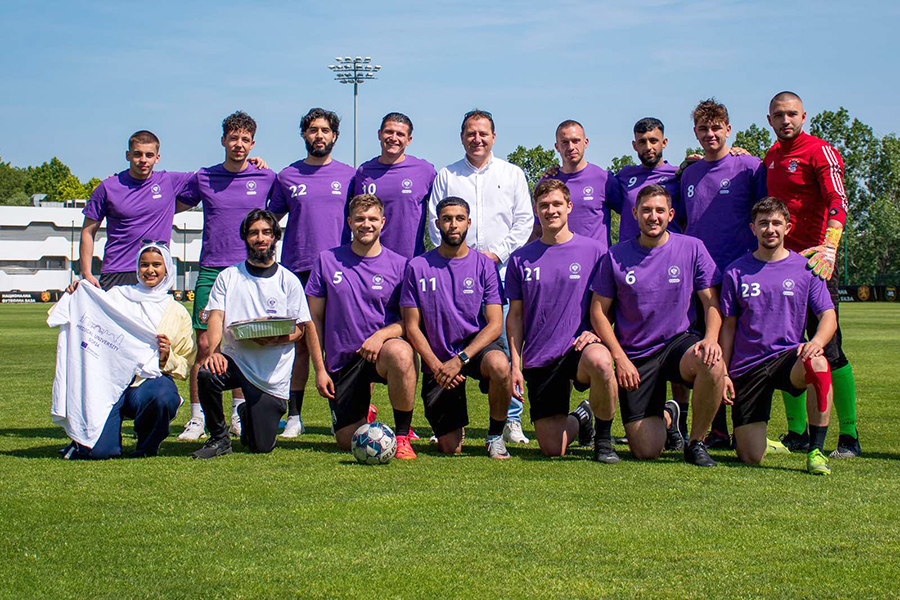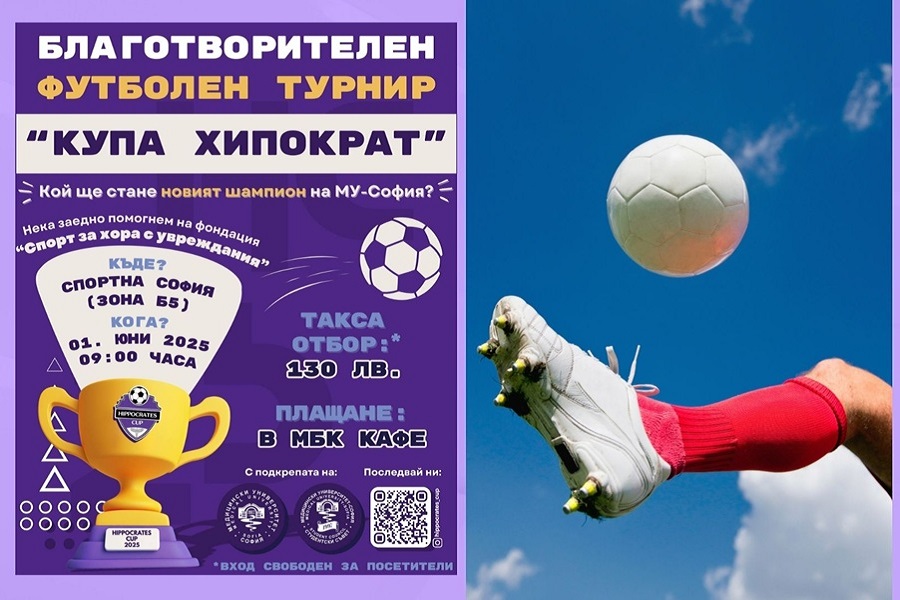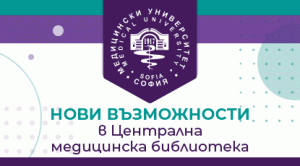Medical University-Sofia is among the scientific institutions with the best achievements in academic mobility and internships in Central and Eastern Europe (CEE). This states a report prepared by the Alliance4Life project, which involves 12 universities and research centers in the region from the Czech Republic, Slovakia, Lithuania, Latvia, Estonia, Poland, Hungary, Romania, Slovenia, Croatia and Bulgaria. The purpose of the document is to map the best practices in the career development systems of participants‘ research teams.
This is a step the Medical University-Sofia takes as a part of a complex process of developing a Human Resources Strategy for Researchers (HRS4R) and winning the “HR Excellence in Research” award. Achieving these goals would make it a desirable partner in research projects, as well as a reputable employer for scientists from Bulgaria and abroad.
The self-assessment of human resources (HR) systems in the 12 research centers reveals their commitment to improving the career development of their researchers. The detailed report presents a useful set of excellence practices and is freely available to other research organizations that seek to attract, develop and motivate talent. The members of Alliance4Life identified 9 main areas of interest related to career development and selection, and self-assessed in each of them on a three-point scale: missing system, baseline and advanced.
1) preparation and applying for the “HR Excellence in Research” award
2) career development / system for upgrading the competencies of researchers;
3) mobility and internships;
4) strengthening group / team leaders as managers;
5) increasing the quantity but also the quality of job candidates;
6) internationalization and recruitment of people from abroad;
7) welcome services and support for the integration of new colleagues;
8) ensuring diversity and equal opportunities, including for women in science;
9) culture in science and organizational culture as an HR tool.
The main self-assessment confirmed that the human resources systems in the research organizations in the region are still poorly developed. A positive aspect of the study is that in all 9 areas at least one of the 12 institutions is assessed as advanced and therefore can share good practices with others. This is the situation with the first indicator, where six out of 12 institutions are winners of the prestigious HR Excellence in Research Award, such as Masaryk-CEITEC University, Czech Republic, and the Medical University of Ludz, Poland. In the section “Career development / system for upgrading the competencies of researchers” the highest number of declared assessments “advanced” was measured.
Regarding Mobility and Internships, the best grades were presented by the Medical University-Sofia, Bulgaria, and the University of Tartu, Estonia. Our university has signed over 150 institutional agreements for academic exchange and 33 memoranda for academic cooperation with other universities.
Among the underdeveloped areas of human resources are: strengthening group leaders as managers, providing services for welcoming foreign employees and integration support in general, as well as the organizational culture of the university as a tool for good human resource management.
Following the major changes in CEE, research organizations in the region have begun their transformation from focusing on staff administration to developing modern human resource management. They are also supported in this challenge by the Alliance4Life consortium, which aims to increase overall trust in CEE research organizations. With its report on excellence practices in HR, the consortium seeks to motivate other organizations in the region and gives practical recommendations for changes in career development systems in the field of biomedical sciences.
